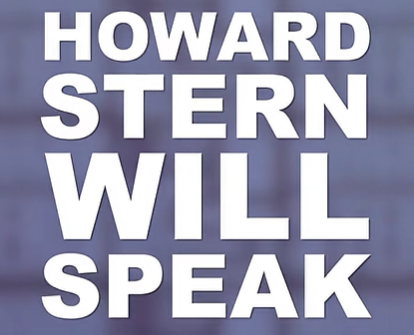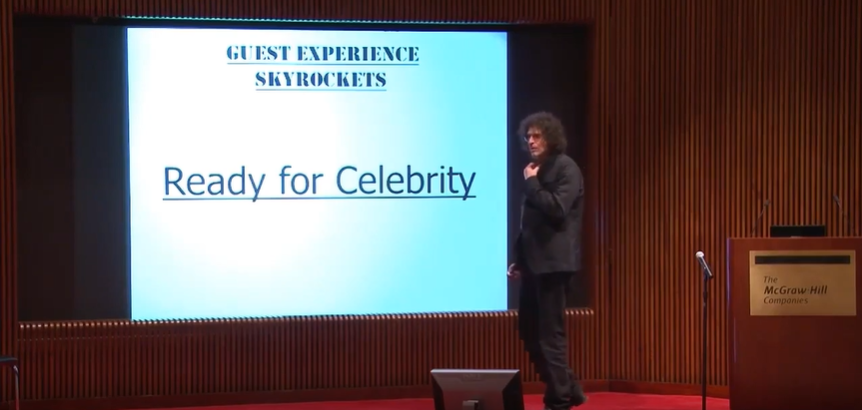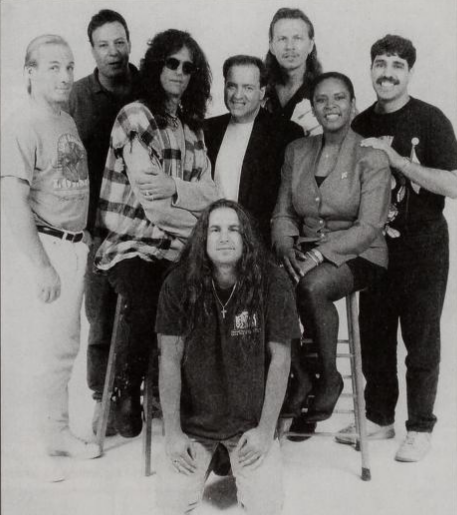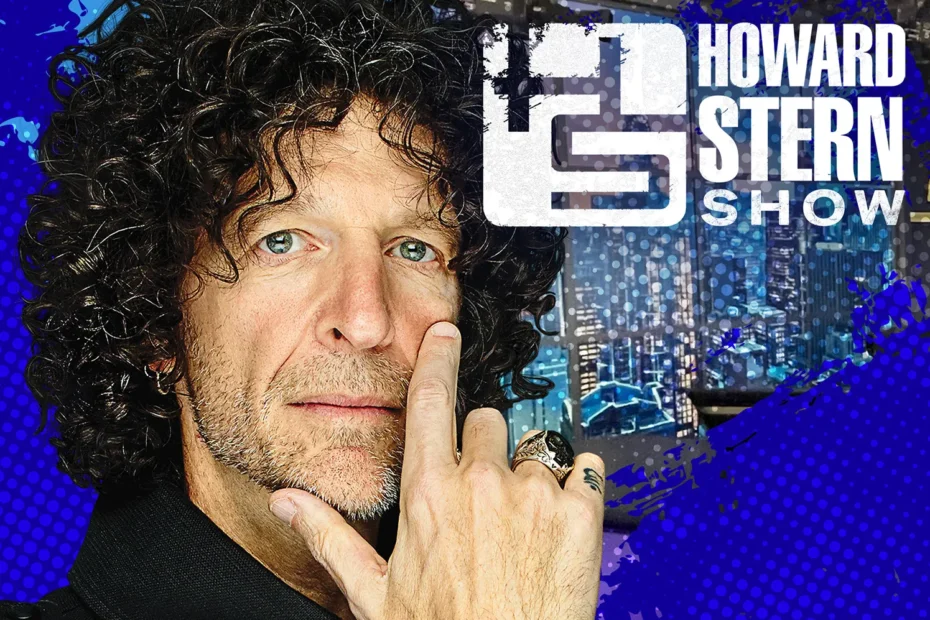The Origins of the Rumors
In recent months, the entertainment landscape has been abuzz with speculation regarding Howard Stern‘s job security, prompting numerous rumors about his potential departure from Sirius radio. These stories have not only captured the attention of fans but have also raised questions about the veracity of their sources. Initially reported by various media outlets, the rumors appear to stem from a series of strategic leaks that insiders suggest may be originating from Stern’s own camp.
At the core of these fabricated narratives lies a strategic motive: to reignite interest in Stern’s show amidst declining listener numbers. As he prepares for his long-anticipated return in September, the rumors supposedly have served to generate buzz and discussion surrounding his career and relevance in a rapidly evolving media environment. Insiders indicate that such maneuvers are not unprecedented in Stern’s career; rather, they are a calculated effort to engage a dwindling audience as traditional radio faces increasing competition from podcasts and streaming services.
Moreover, the timing of these rumors coincides with a critical juncture in the media industry, where audience engagement is paramount. It is not unusual for public figures to orchestrate narratives that enhance their perceived value or relevance. By leveraging speculation about his potential job loss, Stern may be attempting to present himself as a resilient figure facing adversity while simultaneously reminding audiences of his longstanding impact on the radio landscape. Whether Stern himself or his staff were behind the rumors he may be gone from Sirius soon we may never know. But Stern is riding the rumors to drum up any kind of interest in his September 2 return to the show to talk about it. When was the last time anyone waited to hear from Howard Stern about anything. And once it is revealed that he will get a new contract with Sirius or move on, no one will care about Howard Stern again. It’s not 1990 anymore.

The Desperate Measures: A Look at the Strategy
In the ever-evolving landscape of entertainment, the use of viral marketing strategies has become a common practice among media figures, and Howard Stern is no exception. Historically, the promotional tactics in the entertainment industry have ranged from controversial headlines to blatant misinformation, often designed to capture audience attention and create buzz. The recent job rumors surrounding Stern appear to be steeped in this tradition of strategic deception, raising eyebrows regarding the motivations behind such maneuvers in light of declining ratings.
The core of the strategy lies in the concept of a viral hoax—an intentional fabrication that serves to provoke curiosity and generate conversations. By crafting narratives that are shocking or surprising, Stern’s team seemingly aims to reignite interest in the show. The notion of desperation in this context reflects a calculated risk; while some might perceive it as a sign of panic, others could argue that it represents a masterful grasp of audience engagement. This is particularly significant when the entertainment environment is increasingly saturated with content vying for viewer attention.
Moreover, the psychological aspect cannot be overlooked. The buzz created by these rumors—whether true or not—drives traffic both to the show and to media discussions, culminating in increased visibility. It leads audiences to question the authenticity of the information while simultaneously drawing them closer to what is being portrayed. The deliberate use of such controversial tactics raises ethical questions yet illustrates the lengths to which media figures may go to maintain relevance. Let’s be honest, this is the most attention Stern has received in a very long time.
Overall, the blending of desperation with calculated strategy reflects a broader shift within contemporary media, where the lines between reality and deception are often blurred. Understanding this balance helps illuminate the complex relationship between audience engagement and the promotional tactics employed in today’s entertainment industry.

The ‘Pelican Brief’: A Historical Perspective on Show Strategies
The entertainment industry has long been shaped by strategic communication practices that drive audience engagement. A notable instance of this manipulation came to light during the infamous ‘Pelican Brief’ meeting led by Howard Stern. In this meeting, Stern and his team devised a plan to leverage fake Twitter accounts to create a buzz around his show. This strategy, while innovative and effective in generating immediate attention, raises significant ethical questions regarding authenticity in media.
Astroturfing, the practice of creating a deceptive impression of grassroots support for a cause, emerged as a key concept during this meeting. By utilizing false identities on social media, the show aimed to craft a narrative that would suggest a high level of public interest in Stern’s programming. This tactic allowed the team to manipulate audience perceptions, bolstering the idea that the show was not only popular but a cultural phenomenon that demanded attention. However, this practice stands in stark contrast to the values of transparency and honesty that are central to consumer trust.
The implications of such strategies extend beyond the immediate effects on viewership numbers. The use of disinformation can erode the relationship between media figures and their audiences, leading to a potential backlash from dedicated fans who value integrity. Moreover, as viewers become increasingly aware of such tactics, there may be a shift towards skepticism, complicating the task of content creators in maintaining genuine fan engagement.
As the entertainment landscape continues to evolve, the legacy of tactics like those discussed in the ‘Pelican Brief’ serves as a reminder of the delicate balance between strategic engagement and ethical responsibility. While the allure of viral success may tempt creators to resort to manipulative practices, the long-term consequences could significantly impact both the industry and its audience’s trust.
But understand that alot of celebrities do pad their social media following with bought likes and followers although most platforms have buckled down on that practice.

Stern’s Return and Future Prospects
As Howard Stern prepares for his return to the airwaves, there is a notable surge in public interest fueled by recent supposed hoax rumors. These developments have the potential to significantly influence listener engagement as well as set the tone for the upcoming season of his show. Fans, as well as casual listeners, are speculating about what Stern will bring to the table in light of this viral strategy that has kept him relevant in today’s media landscape at least for a few weeks. The interplay between the rumored controversy and Stern’s own narrative could serve to heighten anticipation, ensuring that audiences tune in for what promises to be an electrifying debut.
The current climate surrounding Stern’s return is characterized by excitement, curiosity, and a spectrum of opinions. Industry insiders are weighing in on how these rumors might impact listener loyalty. Many believe that the ongoing buzz provides an opportunity for Stern to revitalize his image and engage with fans on a deeper level. With social media platforms buzzing with discussions about his return, there’s a sense of community among listeners, eager for fresh content and insight into Stern’s evolving career. This dynamic could position Stern favorably in the competitive radio market. But fans need to understand that Stern these days just phones in the show. The old Howard has been gone a long time now and you will just get another few years of a weird woke Stern with a celebrity guest here and there and guitar talk.
Another crucial aspect to consider is whether Stern intends to contemplate retirement in the near future. While some speculation surrounds his potential exit from radio, many insiders argue that he remains committed to his craft. His recent activities suggest a dedication to innovation and an eagerness to explore new formats. This aligns with ongoing trends in media consumption, positioning Stern not merely as a veteran but as a progressive voice in the industry. It’s just too bad he has sold out his real fans for the shell of what he has become in 2025.
